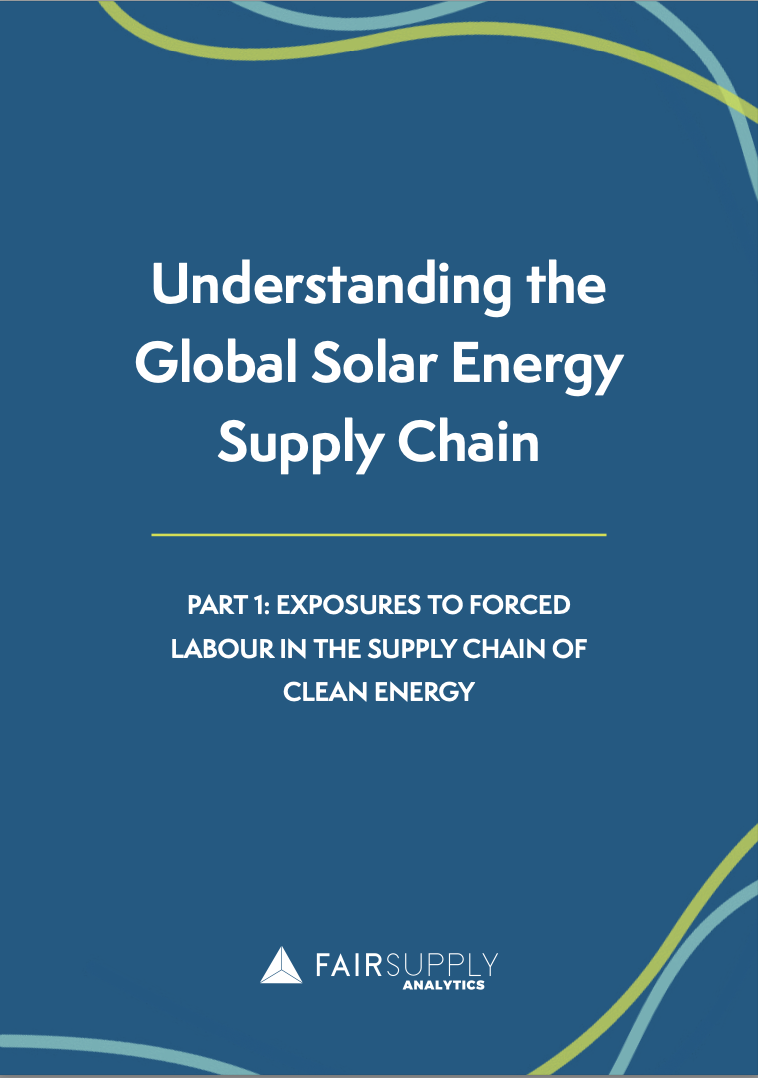Matokeo – Data Collection on ASM in eastern DRC
News & AnalysisGood Practices‘Matokeo’ (meaning ‘impact’ in Swahili) is a data-driven platform operating in the Democratic Republic of Congo (DRC) with the ability to reach last mile artisanal miners, enabling them to ping the latest international price of gold. Concept...Read More

